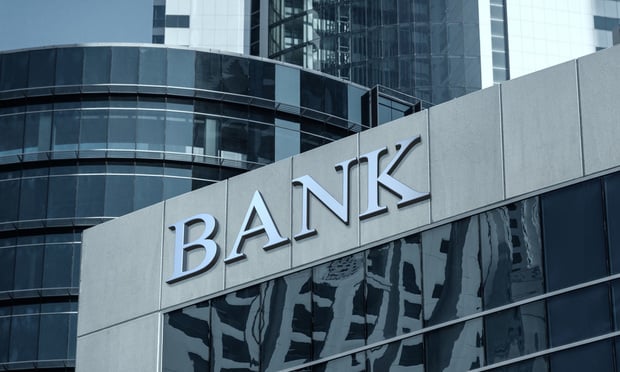NEW YORK CITY-The financial regulatory reforms signed into lawby President Obama earlier this week are intended to accomplish anumber of things. But one potential effect that probably wasn’tdesigned into the legislation is a leveling-off of the economicrollercoaster ride the city’s economy has taken as the financialservices sector’s fortunes have risen and fallen in recent years,says a report from Eastern Consolidated.
“New York City’s dependence on Wall Street for its tax base hasgrown substantially over the last two decades as profits havesoared, but Wall Street is also largely responsible for the heavyvolatility in New York’s economy,” the firm’s chief economist,Barbara Byrne Denham, writes in the report.
Financial services in recent years has generated more payrolltaxes in the city than any other in recent years, so it stands toreason that the sector accounted for more than two-thirds of the$2.9-billion decline in payroll taxes here in 2009. The newlyenacted Dodd-Frank bill could lessen that volatility, “which shouldrein in profits for Wall Street firms in the short term but shouldstabilize revenues in the long run,” Denham writes.
Continue Reading for Free
Register and gain access to:
- Breaking commercial real estate news and analysis, on-site and via our newsletters and custom alerts
- Educational webcasts, white papers, and ebooks from industry thought leaders
- Critical coverage of the property casualty insurance and financial advisory markets on our other ALM sites, PropertyCasualty360 and ThinkAdvisor
*May exclude premium content
Already have an account?
Sign In Now
© 2024 ALM Global, LLC, All Rights Reserved. Request academic re-use from www.copyright.com. All other uses, submit a request to [email protected]. For more information visit Asset & Logo Licensing.








